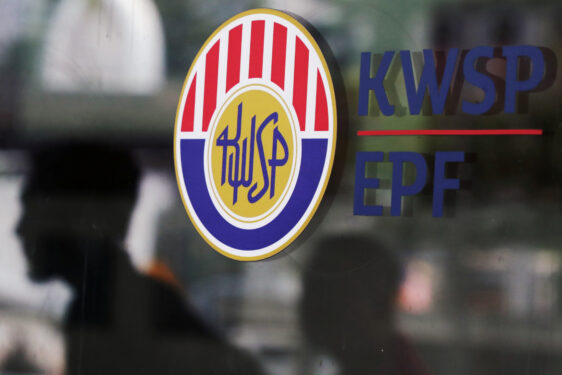 There was a brouhaha when Bank Negara Malaysia (BNM) issued a press release on April 30 of a purported reversal from what was initially announced with regard to the interest payable on the deferred hire purchase (HP) loans and profit on fixed-rate Islamic financing.
There was a brouhaha when Bank Negara Malaysia (BNM) issued a press release on April 30 of a purported reversal from what was initially announced with regard to the interest payable on the deferred hire purchase (HP) loans and profit on fixed-rate Islamic financing.
The central bank reiterated that, as a regulator, it has from the very beginning already indicated that there will be accrued interest or profit with regard to the six-month moratorium.
Naturally, such an announcement caused massive confusion and sparked widespread anger as the public perceived BNM’s move to have backpedalled on its initial announcement.
In March, Prime Minister Tan Sri Muhyiddin Yassin announced the government’s move to freeze loan repayments for six months due to the coronavirus disease.
However, there was a sense of relief when banks gave in to mass appeal not to impose accrued charges on HP financing, both conventional and Shariah.
The whole fiasco surrounding the HP interest issue has raised questions on the need to re-look at the dated Hire Purchase Act and allow banks to offer variable rates for HP loans to borrowers.
Baker Tilly Malaysia audit and assurance partner Andy Lee told FocusM that the country’s HP Act is old and restrictive compared to other countries.
“Take for example the recent six-month moratorium. The bank and customers need to mutually agree on the variation of terms before it is effective, although it is to the benefit of customers.
“Since the interest rate stated is the nominal rate (flat), the six-month moratorium resulted in financial institutions (FIs) not being able to charge additional interest. Hence, that resulted in immediate modification loss to FIs, which have to recognise it in their books.
“The variable rate will be fairer to both parties. In the old days, it would be a challenge without a good IT system to manage variable rates for short tenure loans. But, today, this should not be a concern.
He added that the use of the effective rate instead of nominal rate is also more transparent to consumers.
“Effective rate refers to the rate that could be applied consistently to the outstanding loan amount over the tenure of the loan. The rate quoted in a conventional mortgage loan is an effective rate. The effective rate could be fixed or variable. For mortgage loans, the variable rate may vary with base lending rate or base rate as quoted by the FI.”
Currently, the rate is fixed for HP, but normally, the agreement will state the nominal rate. From this nominal rate, we can work out the effective rate, which is fixed over the tenure of HP. For the variable rate, the HP agreement has to specify the effective rate.
Essentially, HP loan interests are calculated on the initial principal amount multiplied by the tenure of the loan, regardless of the effect of the reduced principal balance at any point in time.
So even if you decide to pay more for one month, the excess monthly payment you make is treated as advance payment for the future, and does not reduce the interest on your loan.
This is in contrast with the reducing balance method, typically for housing loans, where interest is calculated after each instalment paid.
If a borrower under a HP loan chooses to settle the loan before the end of the loan tenure, the interest portion of the unexpired period will need to be deducted from the total amount outstanding. This deduction is known as a rebate.
By right, the interest to be deducted should also be based on the flat rate, but this is not the case.
Instead, the bank adopted a basis called Rule of 78 also known as Sum of Digits method in the allocation of total interest charged. This effectively loads a heavier interest factor at the initial period of the loan with reduced interest impact when loans are nearing the end.
The objective is to discourage borrowers from settling the loan earlier. This method also maximises profits for the bank.
But one has to be mindful when it comes to an effective interest rate, which is much higher than the nominal interest rate.
According to Baker Tilly Malaysia managing partner, audit & assurance Datuk Lock Peng Kuan, the effective rate is calculated on the effect of the nominal rate, which is usually about 1.9 times of nominal rate depending on how long the tenure of the HP is.
He pointed out that instead of looking at how these rates are calculated and charged, there should be a discussion on whether the effective interests are too high.
“Mortgage rate is normally lower than effective HP rate, which makes sense as security value is higher for property loans compared to vehicles. It’s all about commercial agreement as you would also note that there are certain marques offering much lower interest rates from their own finance arm, as they make up from sales of vehicles.”
At the end of the day, as consumers become more sophisticated and knowledgeable, banks should be able to offer more financing options so that there will be a win-win situation for all. – May 29, 2020










